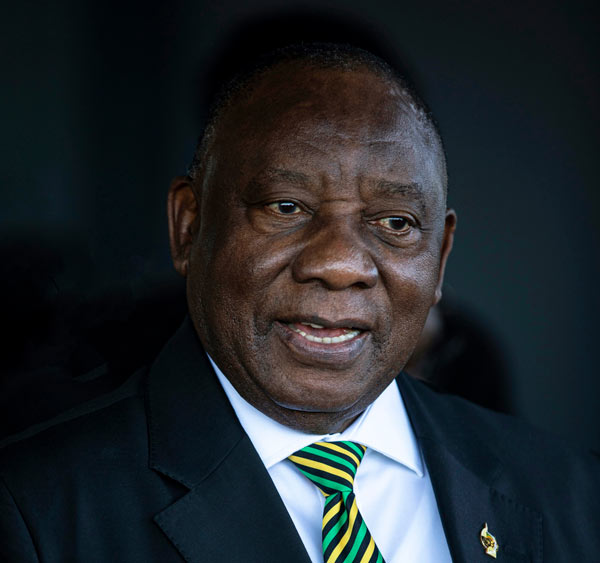
By Jeffery Kazembe Batts
IG: @kazbatts
Recently, the Republican-led U.S. House of Representatives voted 34 to 16 in the Foreign Affairs Committee to approve the HR2633 bill. The “United States / South Africa Bilateral Review Act” gives President Trump and Secretary of State Marco Rubio tools to attempt to micromanage the sovereign policies of Africa’s most industrialized nation, South Africa.
Under the bill, proposed by Rep. Ronny Jackson of Texas, South African policies will be routinely evaluated every two years to ensure that they have not deviated in any way from the policies promoted by the Trump administration. Ranking member of the committee, Gregory Meeks, argued that South Africa is a leader on the African continent, should be respected, and dialogue and diplomacy are needed when differences exist with the United States.
In slightly more than half a year, in his rerun as president, Trump has continued his previous disengagement and contempt for the entire African continent, now with a special negative focus on South Africa.
Earlier this year, inside the White House, he blindsided South African President Cyril Ramaphosa by showing false images of supposedly white farmers murdered, and also a film of Economic Freedom Fighter leader Julius Malema speaking at a rally.
He then incredulously arranged a first-class trip for 59 white farmers to move to the top of the immigration list so they could immediately arrive at Dulles International Airport in Virginia.
Meanwhile, mostly people of the Global South, including numerous Africans, are rounded up and deported. In February, Trump signed an Executive Order that reduced the limited amount of foreign aid the US provides to South Africa.
Digging deeper into the Trump administration’s anti-Africanness, Trump expelled widely respected South African Ambassador to Washington Ebrahim Rasool in mid-March.
A 30% tariff rate has now been imposed on exports from South Africa to the US, with notable exceptions for pharmaceuticals, semiconductors, lumber products, critical minerals, and energy products. South Africa is America’s largest African trading partner. After the European Union and China, America is the third-largest trading partner for South Africa globally.
According to Simphiwe Hamilton, Director-General of the Department of Trade, Industry and Competition, 30,000 jobs are in jeopardy of being lost because of increased tariff. “We base this on consultations with sectors of the economy from automotive to agriculture that are going to be impacted,” he shared.
America is the world’s largest importer of citrus products, a major South African export. Be mindful that prices will rocket up!
South Africa has successfully charged Israel with genocide at the International Court of Justice because of Israel’s treatment of Palestinians. The overwhelming majority of United Nations member states agree with this position.
The “S” in BRICS is for South Africa. Senegalese Prime Minister Ousmane Sonko understands the importance of BRICS, saying, “I think that today, what is being done in the Global South and at the BRICS level is quite important and must continue for a more balanced, multilateral world.” These are two examples of where the US and South Africa diverge in their policies.
Allegedly, South Africa should not undermine US national security and foreign interests while also identifying and sanctioning the corrupt African National Congress is the goal of the HR2633 bill. Can the sovereign nation of South Africa make its own decisions? The Trump administration is seemingly on a mission to sabotage the historic relationship between Black people in America and South Africa.
The world, especially Black people living in the United States, organized and supplied resources to end apartheid, free Mandela, and help South Africa to become a republic that represents all the people. Moving forward, that legacy must be built upon and not tarnished and destroyed by current American foreign and trade policy.